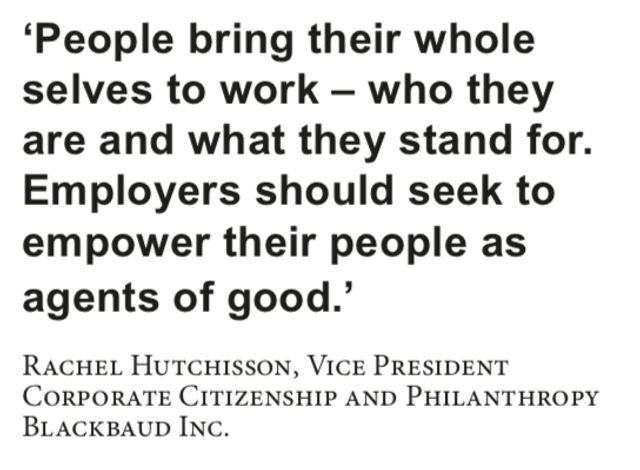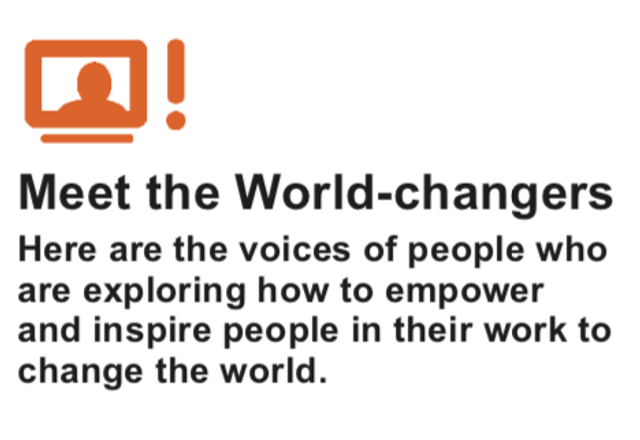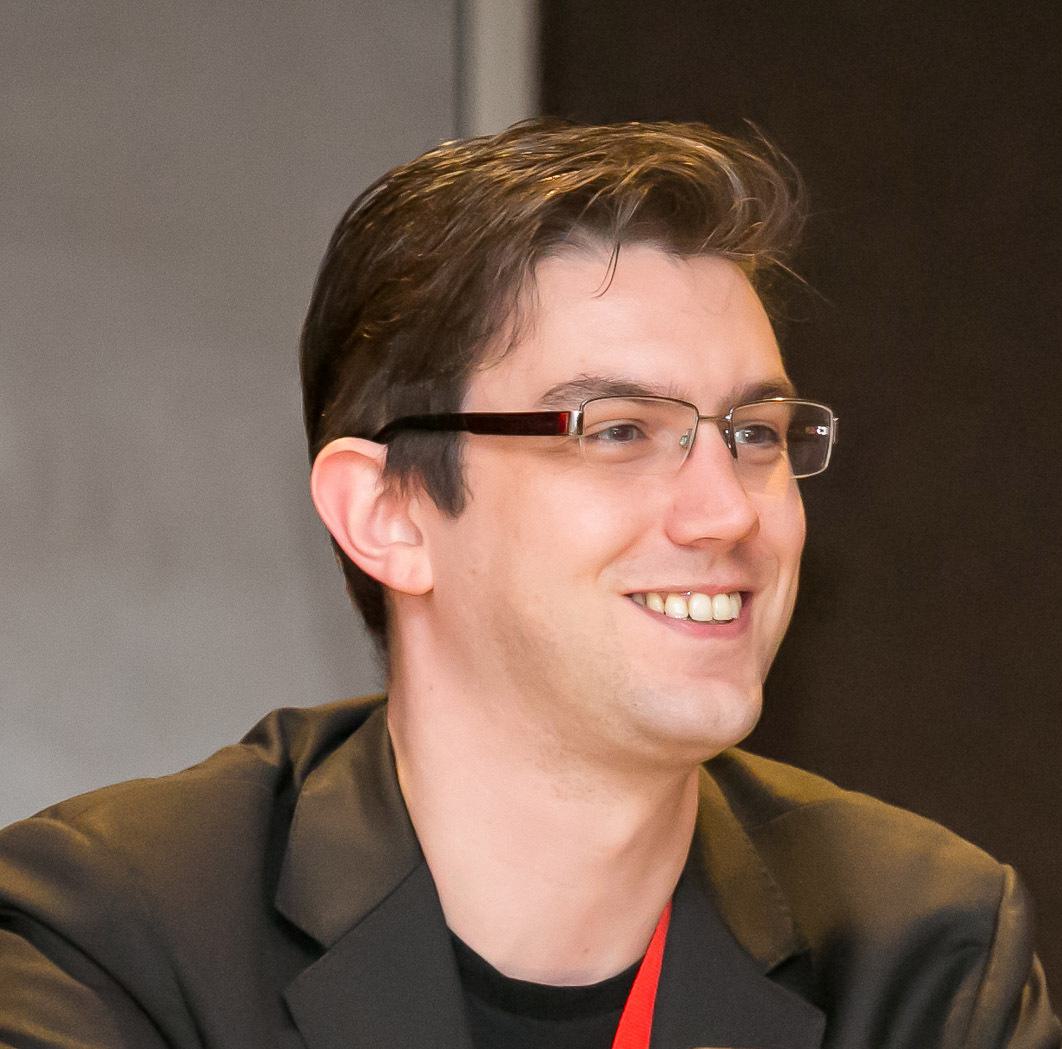Meet the world-changers — the millennials: an interview with Derrick Feldmann
Thanks to Rachel Hutchisson of Blackbaud, we were lucky to be able to talk to Derrick Feldmann, founder of the Achieve agency and researcher on the Millennial Impact Project, about millennial engagement through work, and the broader corporate engagement sector in the USA.
- Written by
- Joe Burnett
- Added
- July 31, 2018
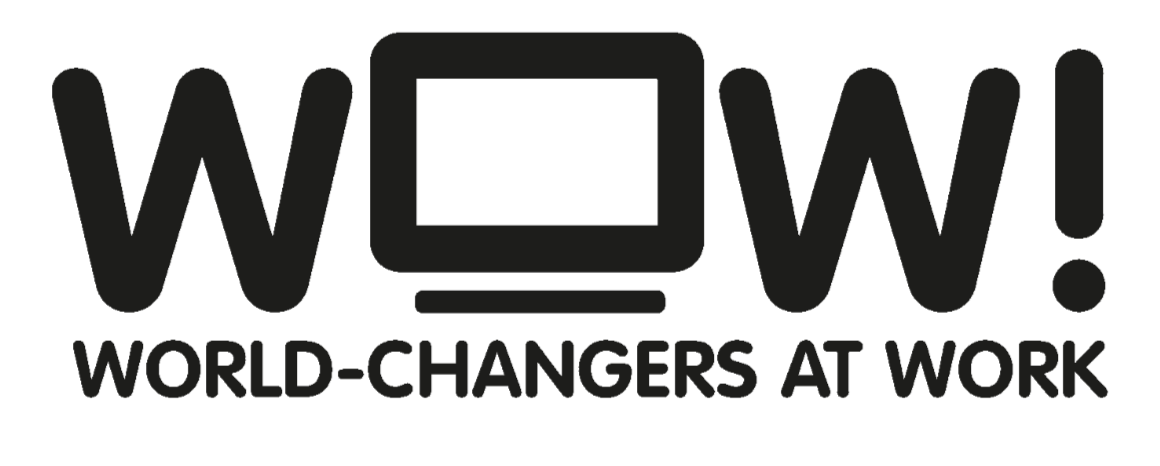
‘Millennials didn’t just wake up and say ‘I’m going to be a do-gooder today’, this was taught to them by other generations, like the Boomers who helped establish these programmes. It all started with previous generations, and millennials are carrying the torch even further.’
Derrick Feldmann
Objectives of the meet the world-changers series:
- To encourage employers to talk about the good that they do at least as much as about the money they make. To elevate the status of service and ideals at work.
- To enable people, particularly young people, to see that they too can make a social difference at work.
- To inspire people to actively encourage their employers to add those dimensions that make a difference, that lead to practical social change.
- To raise the status and potential of jobs, or rather careers, that change the world.
- To showcase innovative ideas for fostering social change initiatives and define ways to reward employers who encourage social innovation and activism.
- To create and present a series of inspirational case histories (at least monthly) of role models who have and are making a difference, day in and day out, through the work that they do.
- To explore the emotional side of work: the taboos and the inhibitions
The millennials: an interview with Derrick Feldmann

DERRICK FELDMANN is a sought-after speaker, researcher, and advisor in cause engagement. He founded Achieve to help organisations address their most pressing issues through research and data-driven, strategically designed fundraising and awareness campaigns. He also runs the Millennial Impact Project, research into how millennials engage with causes and giving. Derrick is the co-author of the book Cause for Change: The Why and How of Nonprofit Millennial Engagement from Wiley.

Could you please give me a little background on yourself, Achieve and how you came to work on the Millennial Impact Project?
Achieve, my agency, started in 2008, and we are a research and campaigns marketing agency for causes, with a focus on trying to move people from interest to action on the issues that our clients are working on. That can involve awareness, fundraising and movement-building but our approach is to take the research aspect, so before we implement and test campaign environments, we spend time understanding who the people are who are taking active participation on an issue. We have a full research team here for that and it helps us to understand the issues and context before we start to test.
We also work with companies that are focused on doing things that involve their consumers in social issues. So for example, we’re working with AT&T to motivate one of their audiences, internal or external, to do something as well. It’s not just for causes, it’s broader than that. The focus is on contributing to social good. Doing good doesn’t mean you have to be an NGO, it means you can come from any sector. It depends on the approach.
From 2008 to 2009, through our relationship with the Case Foundation who had just launched their first report on millennials, we started to do some research into how these individuals –millennials, although they didn’t call them millennials at the time, they were referred to as social citizens- are socially active in online environments or in their peer groups on social issues. What was really interesting when the Case Foundation’s report came out, the primary focus was around identifying a trend. They interviewed individuals or focus groups. We teamed up with them in 2008 and 2009 and that’s when the Millennial Impact Project was launched. I remember sitting down with the Foundation and they said ‘we’re interested in learning this because we see that we’re on a horizon of a total generational shift in cause involvement.’ So we saw this as a chance to document this change and understand this new generation. It started out as sort of ‘let’s try this and see what happens’ but I’m pleased to say that it’s now been ten years of this. And it has been the most comprehensive study over time of a generation like this. Unlike other research projects into generational thinking we don’t just ask a few questions to determine giving habits, but rather focus on the broader issues affecting millennials. Which is not to say that millennials aren’t dedicated to fighting cancer or something like that, but that with the way the world is changing, other issues rise above. We wanted to look at how those issues affect cause engagement. The other thing that was key to Millennial Impact, we didn’t look at what organisations were doing. We looked at it the other way: how are millennials responding to solicitations or campaigns and so forth? We only looked from the millennials’ perspective.
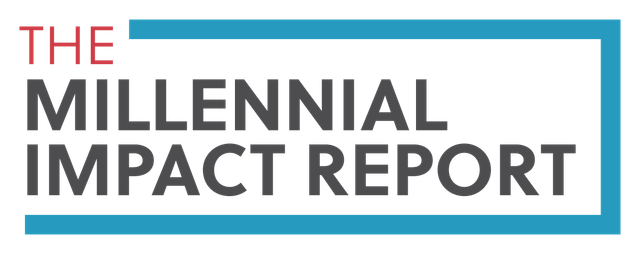
When you were setting up Achieve and then the MIP, did you do so with an ambition to change the world?
I think my original intention was that we could help fundraisers and marketers to understand how to connect with these individuals better given there’s an institutional reason to focus on millennials. Because they’re going to be leading our causes. There’s an assumption that they will end up taking over the wealth of previous generations, but no thought as to what they’ll do with it when they get it, or even if they will at all. There are issues around the transfer of wealth. At first, I don’t think we weren’t necessarily looking to change that, our goal was to encourage our institutions, the drivers of social impact, to remain relevant. Because they have the institutional knowledge, right?
The reason we started was not to become champions of millennials, it’s because we know we have to replace our constituencies with this generation. So a lot of our intent was to help the field attract and engage with an audience that was coming of age and was very different.
In your experience, do young people coming into the world of work do so with an ambition to change the world? Has the professionalisation of the voluntary sector changed that ambition at all?
We need to remember a couple of things about millennials. This is the first generation that has been exposed to very organised philosophic, service and social décor. They’re coming of age with the Edward M. Kennedy Serve America Act, the peak of volunteerism. In addition, they were exposed to inter-school systems of philanthropy. They’re exposed to more cause involvement, including when applying to college.
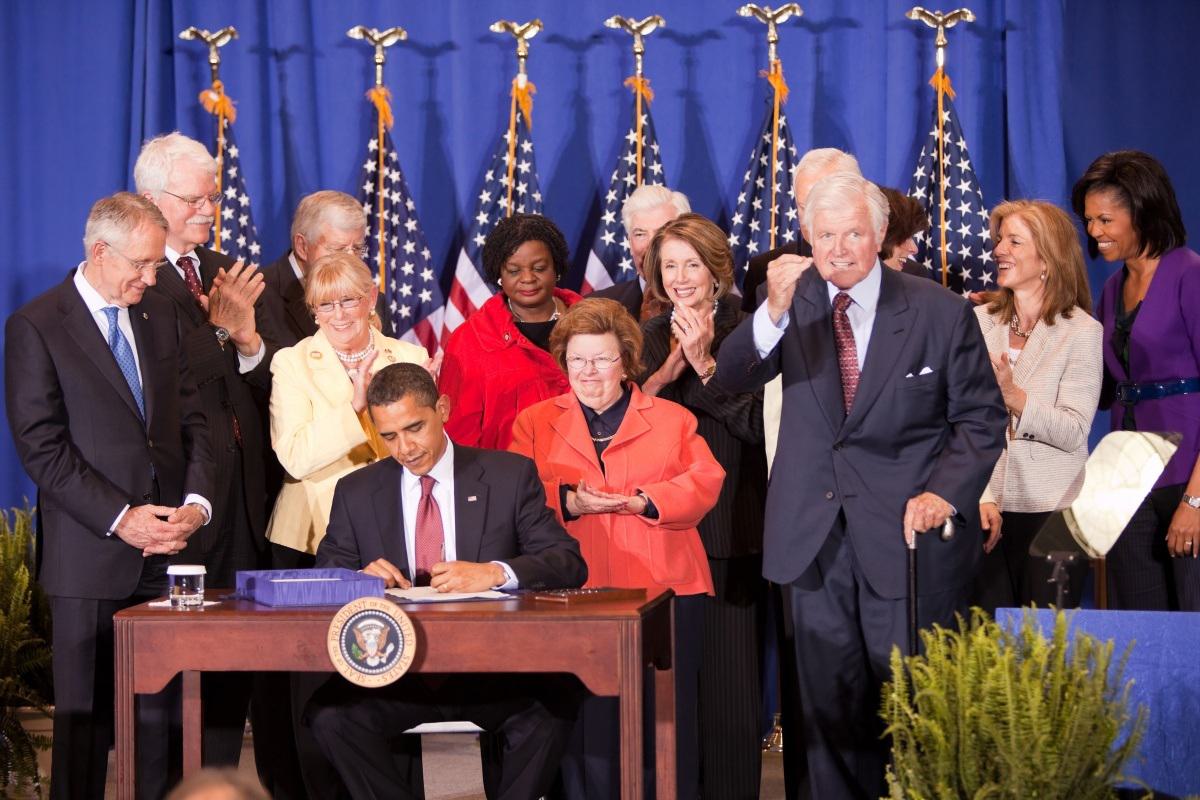
Millennials didn’t just wake up and say ‘I’m going to be a do-gooder today’, this was taught to them by other generations, like the Boomers who helped establish these programmes. It all started with previous generations, and millennials are carrying the torch even further. Here’s what we do know from our studies: when we look at cause engagement and the way people work, when someone goes into a position of work, after they feel that benefits and salary are satisfied, the number three thing they look at is the company’s culture and social good environment. This generation does expect that you’re not just going to have a diversity officer, that’s a given. You’re going to do environmental work or participate actively in the community regardless of anything else. I’ll talk to companies and be asked ‘Should we focus on environmental issues to attract millennials’ and I say ’Wait a minute – you should be doing that anyway’. Because that’s the millennials’ expectation level: that it’s already happening.
Companies are starting to come full circle and realise they need to look at all of the access they have for good in and around their community and even the wider world and ask what aspects of these can they use to tap into social good. Employees are part of that.
Do you think millennials differ from other generations, even if previous ones laid a lot of the groundwork?
There are always going to be differences. It’s partially the sort of thing where it would have been interesting if the Boomers had had Twitter. But they didn’t. You have the evolution of social issues, the evolution of technology, the evolution of how our communities operate and so forth. It’s hard to compare, because millennials have options for good that existed before but we didn’t have the tools to act upon them impulsively the way we do. Peer fundraising isn’t new, for example, but the tools have changed. So it looks different today. The act of doing good is different than it was forty years ago, but the fundamental premise is the same. The act has changed.

What were the key findings, ultimately, of the Millennial Impact research?
It’s ever-changing, but through the years, there’s been something historic in a couple of ways. One is that every person believes they have more than just money to give as an asset. Their assets are their time, their skill, their talent, their network and their money. If we focus on just one asset, then they feel their others are being discounted. The second thing is that our feedback mechanisms on social issues and milestones need to be better. When you have a generation that is infiltrated with consumer messafing and mentality, it’s a challenging proposition. This population of people is forever asked to be involved with the consumer side of things because that’s where their most discretionary funds are. Those are the wants not the needs. They’re the target of every company in the world, as it has always been. We have to figure out how we can utilise that aspect for our benefit. The last thing is that millennials are empathetic, like every other generation. We have to help them understand how every person together will make some sort of difference. Even though there are challenges, political or otherwise, changes will still happen.
You work with companies as well as charities and there can be a bit of cynicism about big corporations doing good, a view that they’re just doing good to make more money? Is it that simple?
It’s complex. It’s hard, right? We can discount companies and be cynical or say ‘let me help you be better’. That’s how social issues change. Those are the best discussions I have. We can agree that some companies’ practices are inhibiting the values that they hold but by helping them do good, we can change that. A lot of the larger companies have done, they realised they weren’t where they wanted to be. As fundraisers and marketers the reason we get up and go to work is because we want companies to agree that they can change and effect change with their dollars and their position. Although we don’t see it every day, the companies I work with and others agree that they should do better and recognise that they’re on a path.
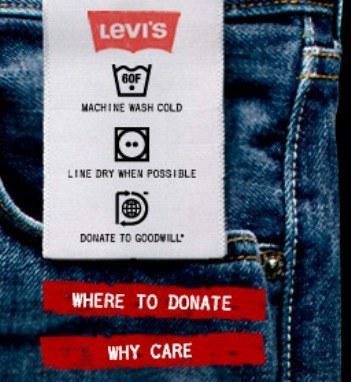
Do you have any examples that spring to mind of companies doing exceptional things in this way?
I think you should look at Levi’s. They have been involved in every social movement in the United States and they’re one of the country’s most recognisable brands. And they’re still engaged in many others. The moment the 2016 presidential election result came in, their CEO called a town hall with all their employees to talk about it. They don’t agree with certain aspects of what’s happening so they made investments in grants and they did it as a company. So that is a great example.
Note: You can learn more about Levi’s reaction to the election in this video:
We often hear that young people, at least in the UK, are feeling quite powerless, that they don’t have the same opportunities as their parents’ generations. Do you feel that they can still be empowered in their careers and beyond?
I think they can. That empowerment comes from fundraisers and marketers who can tell them how social change works. I think that marketers and fundraisers can do an incredible job with millennials and young people in talking about and helping them understand the social change stuff that we need. We know this generation is doing good, so it’s our responsibility to our causes to make them understand why their participation matters. Or do we let them sit there and get into that state? I hope fundraisers and marketers, if they read that young people are disenfranchised, will pick up the phone and help young people see how their voice, their skill, their experience and their money can do something for good. But we have to create milestones for people. The best fundraisers and marketers are the ones that convey what the next milestone is. It can just be a conversation with a leader, a senator, but it’s a step along the way.
As part of your work with Achieve, do you find that there are different models for how companies respond to social causes?
Absolutely. I think every person in charge of a company needs to step back to ask what the assets are that they have that they can influence to do good. Then they need to determine how they’re going to use each one because each one brings a unique aspect to the table. That’s the creative part of the process. Considering it from an asset approach.
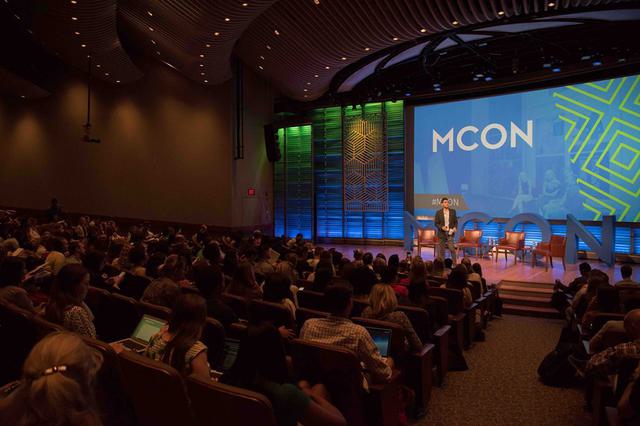
Do you feel you’re offering people, young people in particular, through Achieve and MIP, specific opportunities to change the world?
Yeah, we do MCON which is a conference for social movements. What we do is help organisations understand their relationships with young people and how they should get them involved.
Get in touch!
Whether you’re a millennial or not, what do you think of Derrick’s findings and conclusions? Are you empowered at work to make a difference in the world? What are the barriers if not? Do you have examples similar to the Levi’s case Derrick mentions? If you're an employer, how are you empowering your staff to meet their ambitions to change the world, be they millennials or from a different demographic?
We’d love to hear your thoughts on all these issues. If you would like to add your voice to Derrick’s, please e-mail joe@sofii.org.



